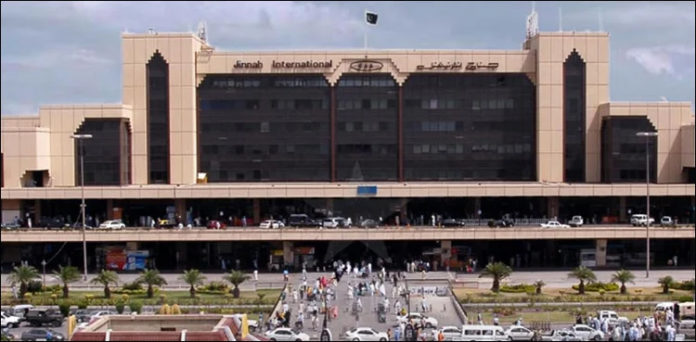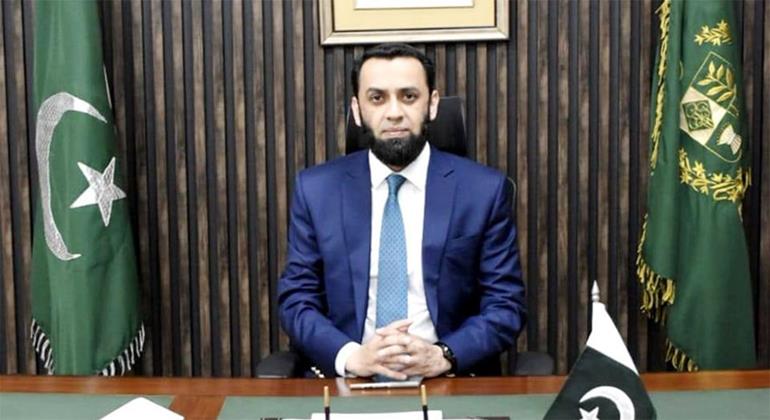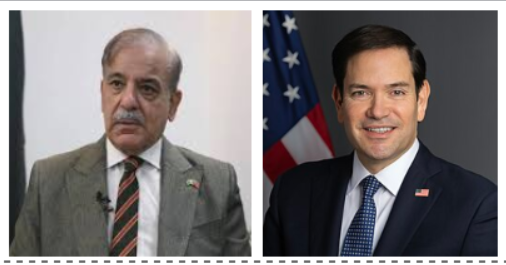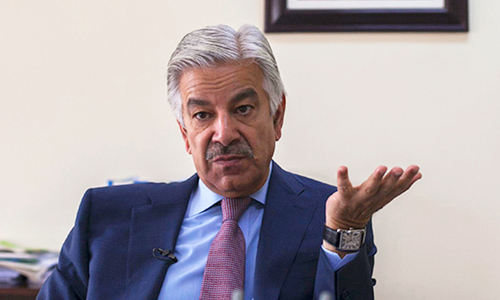POLITICS & POLICY MAKING
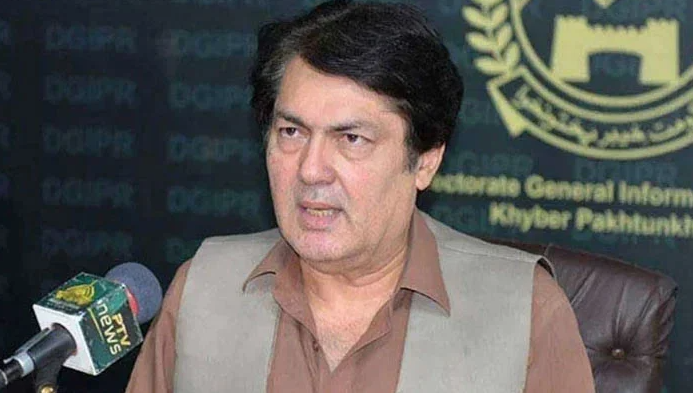
Khyber Pakhtunkhwa (KP) Information Advisor Barrister Saif has criticized the federal government’s commitment to ongoing political negotiations, stating that if the government is not genuinely interested in talks, it should refrain from engaging in discussions repeatedly. His remarks come amid continued efforts by Pakistan Tehreek-e-Insaf (PTI) to engage with the government over several pressing issues.
In a recent media interaction, Barrister Saif expressed frustration over the lack of progress in the negotiations, which have been ongoing since the formation of a PTI negotiation committee. He pointed out that if the government truly wanted to negotiate, it should be more decisive. "If the federal government is not interested in negotiations, then don't talk 100 times, neither should we," he said, adding that the government had previously encouraged PTI to form a committee for dialogue, but the negotiations had failed to yield significant results so far.
He further clarified that the PTI’s negotiation committee had been authorized by party founder Imran Khan, signaling that the party was open to talks, but only if the discussions were meaningful. "We participated in the negotiations because the government asked us to form a committee. If they want to talk, we are willing, but if they want to fight, we are prepared for that as well," Barrister Saif stated, expressing PTI’s willingness to engage in constructive dialogue but also its readiness for confrontation if necessary.
Saif also commented on statements made by Imran Khan’s sister, Aleema Khan, regarding the alleged transfer of PTI founder Imran Khan to Bani Gala, suggesting that it was a matter that Aleema Khan could clarify. Additionally, Saif reiterated PTI's demand for the release of Imran Khan and other party leaders, as well as the formation of a commission to investigate the May 9 incidents, which have been a point of significant contention in the ongoing political crisis. He also called for an investigation into the alleged “theft of mandates” in the February 8 elections, further emphasizing the need for transparency and accountability in Pakistan's political system.
On the topic of the ongoing negotiations, Barrister Saif stated that the PTI negotiation committee had the authority to determine the course of action. "If the PTI negotiation committee believes there is no need to provide written demands, then it is entirely up to them," he said, highlighting the autonomy of the party's negotiating team in deciding the next steps.
Meanwhile, PTI leaders Barristers Gohar Ali Khan, Ali Zafar, and Sher Afzal recently met with Imran Khan in Adiala Jail, where they discussed the progress of the negotiations and the party's next moves. Speaking to the media outside the jail, Barrister Gohar confirmed that Imran Khan had given his approval for the PTI negotiation committee to continue the talks and submit the party’s demands in writing.
"Imran Khan has authorized us to continue the negotiations, and he has given the go-ahead for presenting both our demands in writing to the government committee," Gohar said. He also emphasized the importance of holding a third round of negotiations, warning that if no meeting was held after that, the talks might collapse. "There must be a third session for the negotiations to continue. If the meeting of the negotiation team is not held, the negotiations cannot proceed," he asserted.
As the political situation in Pakistan remains volatile, the next round of negotiations between PTI and the federal government will be closely watched by political observers and the public alike. The outcome of these talks could have significant implications for Pakistan's future political landscape, particularly regarding Imran Khan's ongoing legal battles and the future of his party.

